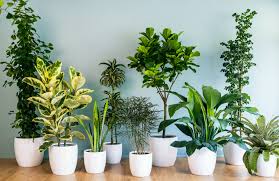Fill in the gaps below with the correct linking words. This is useful practice for your IELTS writing task 2 essay. Using linking words requires you to be careful with the grammar structure of your sentences – this lesson will review your ability to do that.
Questions
Choose the correct letter to complete each sentence. It is possible to have more than one letter for an answer.
- ……………. the government building more homes in city centres, there is still a lack of housing.
- Answers: A) Although B) Despite C) So
- ………….. the government is increasing the amount of money spent on dealing with environmental pollution, individuals must still play their part.
- Answers: A) But B) Although C) Despite
- People should eat a balanced diet …………….. avoid serious health problems.
- Answers: A) due to B) so C) in order to
- …………… there are children who may not find it easy to live abroad, for others it can be an experience that helps them mature and become more independent.
- Answers: A) While B) In spite of C) Even so
- ………………….. more and more people moving to the city to find jobs, housing has become a serious problem in city centers.
- Answers A) Consequently B) As a result C) As a result of D) Owing to
Answers
Answers are now available:
Click here: Answers Linking Word Lesson
All the best
Liz







